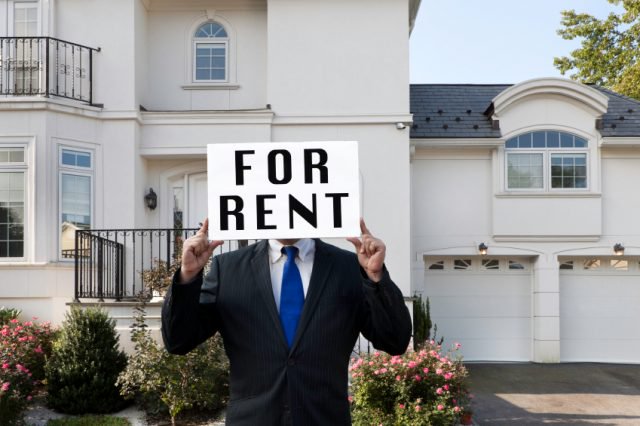Tax Hikes on Landlords Won’t Help First Time Buyers, Says the Public
Tax hikes on landlords will not help first time buyers get onto the property ladder, according to members of the public.

Tax Hikes on Landlords Won’t Help First Time Buyers, Says the Public
Less than 20% of the public believe that higher taxes for landlords will help aspiring homeowners buy their first property.
These figures come from a survey conducted by YouGov for the Council of Mortgage Lenders’ latest publication, Homeownership or Bust?
Of those that said that something should be done to make it easier for young people to buy their first homes, less than 20% said that the Government should introduce tax hikes on landlords.
The study completely undermines the argument made by the former chancellor, George Osborne, that tax hikes on landlords will make it easier for prospective first time buyers to purchase a home.
Landlords are currently facing several changes to their finances, including: Being taxed on their income rather than profit; a reduction in the amount of mortgage interest that can be offset against tax; and a 3% Stamp Duty surcharge on the purchase of additional properties.
The Government has compiled a guide for landlords on how the changes to mortgage interest tax relief will affect them: /government-guide-tax-relief-changes-residential-landlords/
Commenting on the findings by YouGov, the Policy Director of the Residential Landlords Association (RLA), David Smith, says: “These figures back up all that we have been saying.
“Recent tax hikes on landlords will serve only to drive up rents and reduce supply, making it more difficult for people to save for a home of their own.”
He urges: “With the wider public now in agreement, we call on the Chancellor to use his Autumn Statement to reverse these counter-productive measures.”
The new Chancellor, Philip Hammond, will deliver his first Autumn Statement on Wednesday 23rd November 2016.
Hammond has already received calls to scrap Osborne’s tax hikes on landlords from various industry bodies, such as the Society of Licensed Conveyancers.







